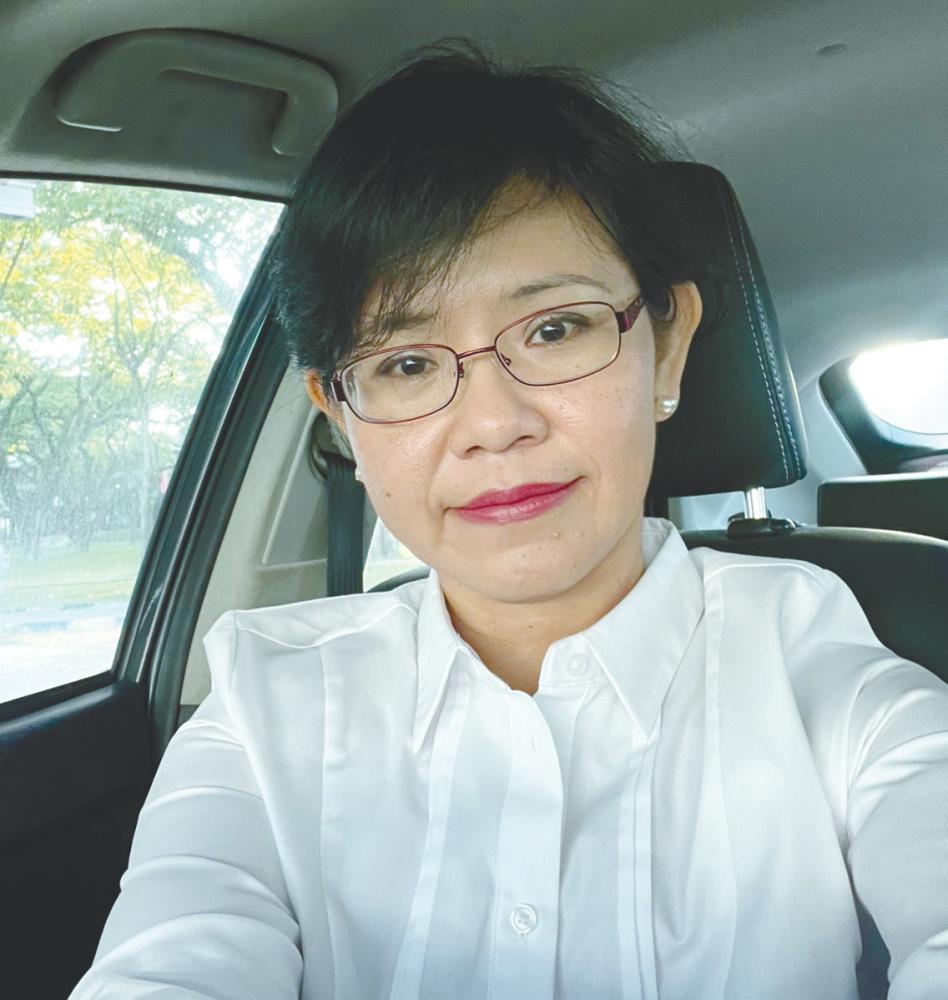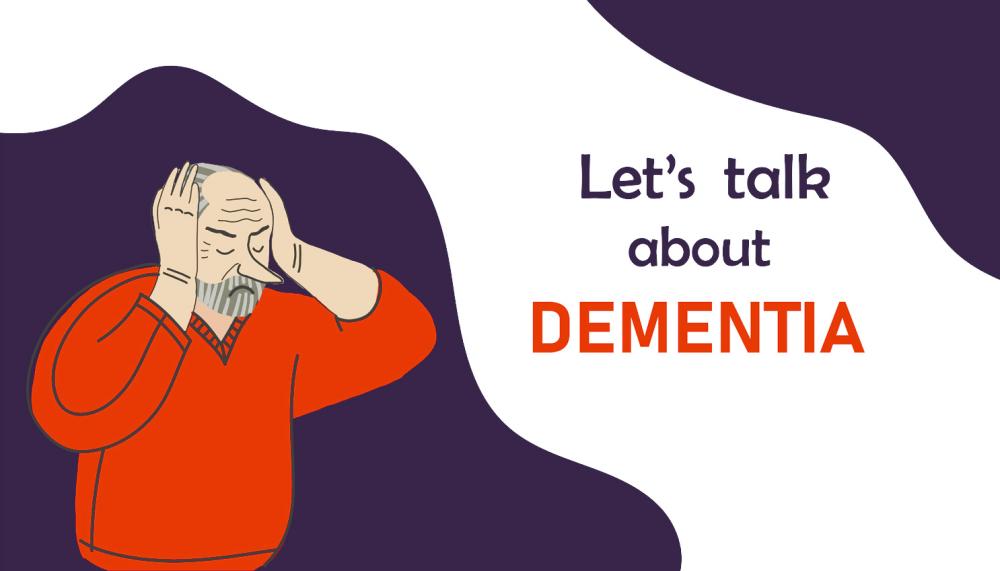MOST people were complaining about having to stay indoors during the lockdowns over the past two years, but we never considered the lockdowns’ effects on dementia patients.
Essentially, they were forced into isolation and this was particularly difficult for these patients as they were cut from the outside world.
Those living with dementia suffer from deterioration in cognitive function, usually progressively, and it affects their memory making them forget the time of day, as well as places and names.
It also affects their thinking process, calculation, learning capacity, language and judgement, and eventually their mood, emotions and behavioural control.
“People living with dementia need their daily routines, social interactions and outdoor activities. They need a rhythm in life as it is important for their well-being,” said Dr Cecilia Chan Woen Min, founder of the NGO Beyond Dementia.
Dr Chan is also a gerontologist, and dementia activist and advocate.
Beyond Dementia provides a safe platform for people living with dementia to share stories, struggles, and challenges in a place where they are accepted as normal.

Some patients cannot just sit on the sofa and watch TV like everyone else. As their disease progresses, their brain or thinking process and senses change.
Thus, they are not able to follow TV programmes or movies. Sometimes, language or comprehension become major problems to deal with.
“The lockdown was traumatising for them. They could not go out to engage in activities that could keep their brains active. Being cooped up in the home was very frustrating and very draining for them, as well as their loved ones, who were supporting them,” said Chan.
When their dementia started to progress to more advanced stages, they had difficulties understanding why we were put under lockdown.
Activities kept them healthy physically and mentally, but facing four walls 24/7 was not healthy. They could not understand why they were living in a prison.
Those living in nursing homes or medical facilities could not comprehend why no relatives were allowed to visit, or why they could not participate in any activities or go home to their loved ones, and their conditions deteriorated very quickly.
She said it was harder for dementia patients to live in those circumstances. They needed more care and attention than usual.
“Social isolation really damages their well-being, tremendously. They were affected badly when they were not allowed to go do their usual activities, meet friends, attend church, or social functions that they usually did. They were frustrated as these activities help to stimulate their brain and keep it active,” she said.
“When they did go out to vaccination centres, it was traumatising. They did not understand why people were wearing masks and why they needed the vaccine,” explained Chan.
“But no one heard their voice about their challenges during this period,” she said. This is happened not only to people living with dementia in Malaysia, but worldwide.

Reimagining dementia
Chan’s Beyond Dementia launched an online campaign called Reimagining Dementia on June 3, with the release of a song and a video. The campaign was actually started in the United States, with Beyond Dementia organising a localised version.
The campaign challenges us to look at the disease differently and adopt an inclusive approach when dealing with those with dementia.
They attempt to include them as a part of society and remove the stigma associated with the disease.
“The main objective was to change the culture of dementia care, and to change how we view it.
We look only at the disabilities, the negative impact, and what they cannot do or are not able to do any longer. Until now, we have been focusing only on the loss,” said Chan.
She says the campaign encourages people to ‘pause’ and recognise that we are all fighting the disease together, and to look beyond the disease to the person within.









